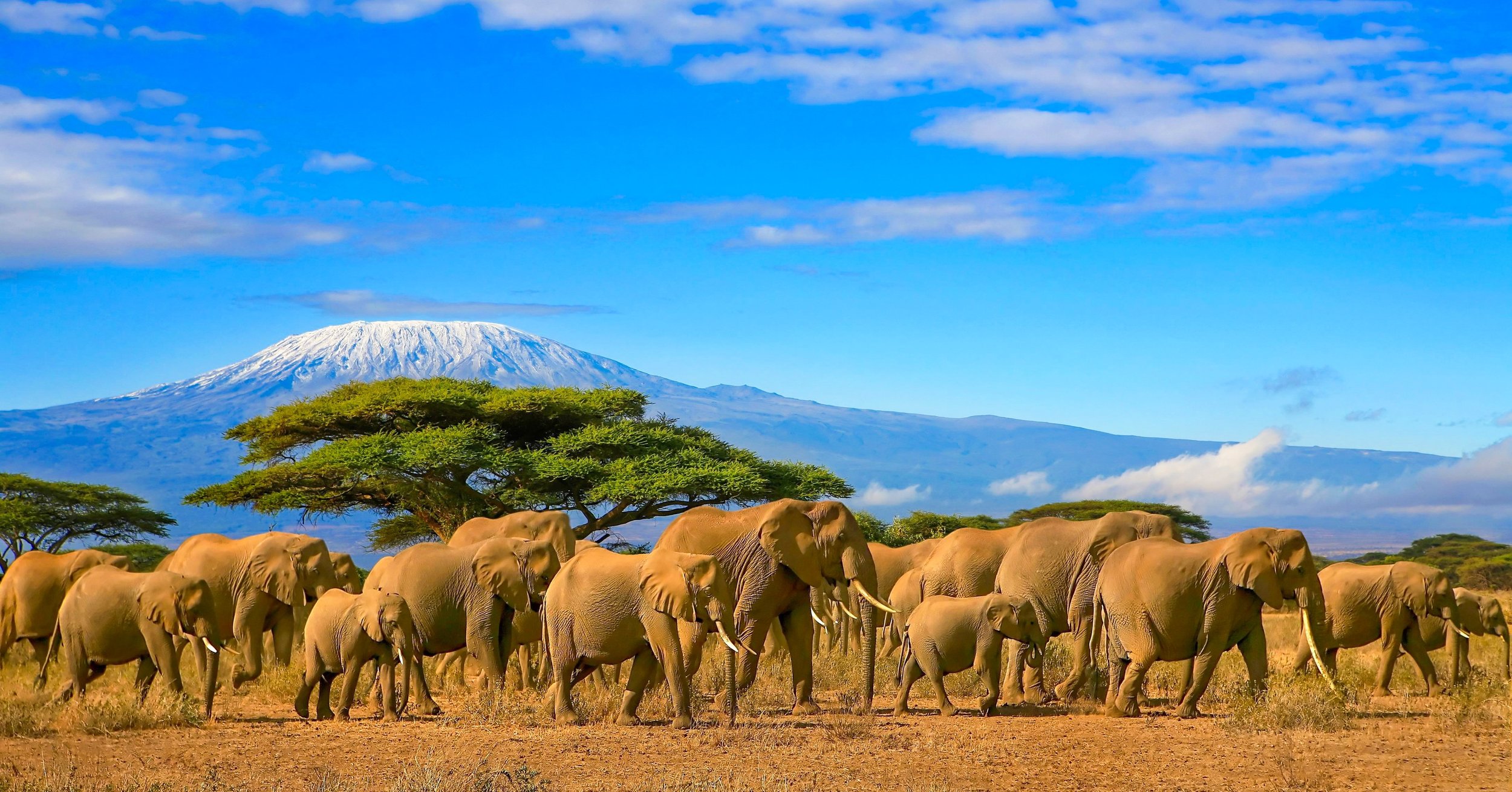About PEABERRY COFFEE:
Called “caracol” for snail in Spanish, peaberry coffee is a natural mutation that occurs inside the coffee cherry. Rather uncommon, this mutation makes up only 5-10% of the world’s coffee beans. Instead of developing with two halves, peaberries develop into one whole bean.
Because of this, they’re generally smaller, denser, and a rounder shape than average coffee beans. How and why this mutation happens is still a mystery. All we have, currently, are theories. A couple of popular ones involve specific environmental conditions or insufficient pollination. But, so far, no one's been able to replicate the mutation. It’s important to note that peaberry describes the actual coffee bean itself, not where it’s grown. This mutation can occur anywhere in the world.
Sorting peaberry coffee beans takes a lot of extra work. From the outside, you can't tell if a coffee cherry is hiding a regular coffee bean or a peaberry. Once the coffee cherries are harvested and dried, the coffee farmers then must hand sort and separate from normal beans. The extra labor and attention to detail required to achieve a bag of 100% peaberry coffee is extraordinary but the effort is well worth the increased cost.



